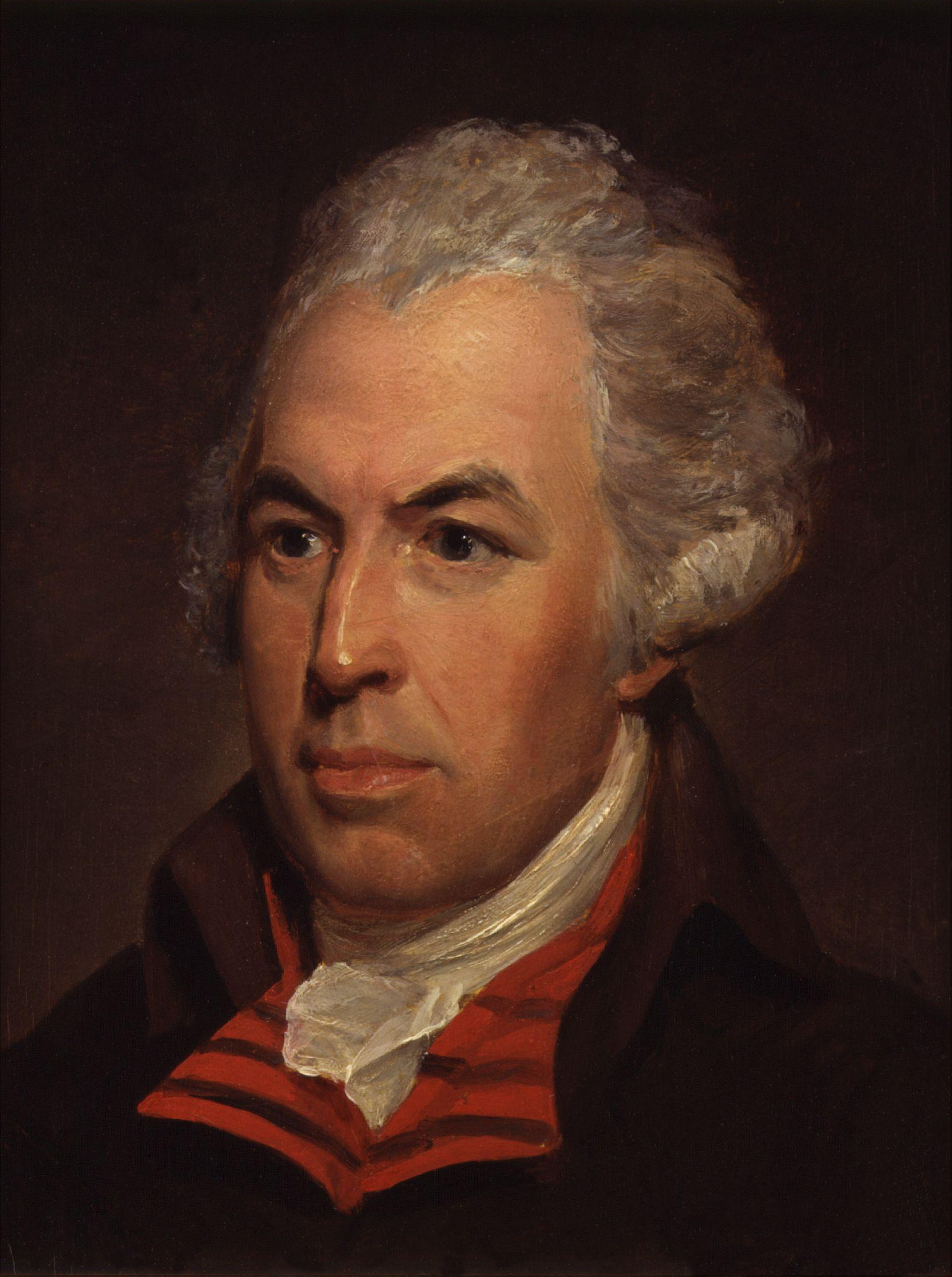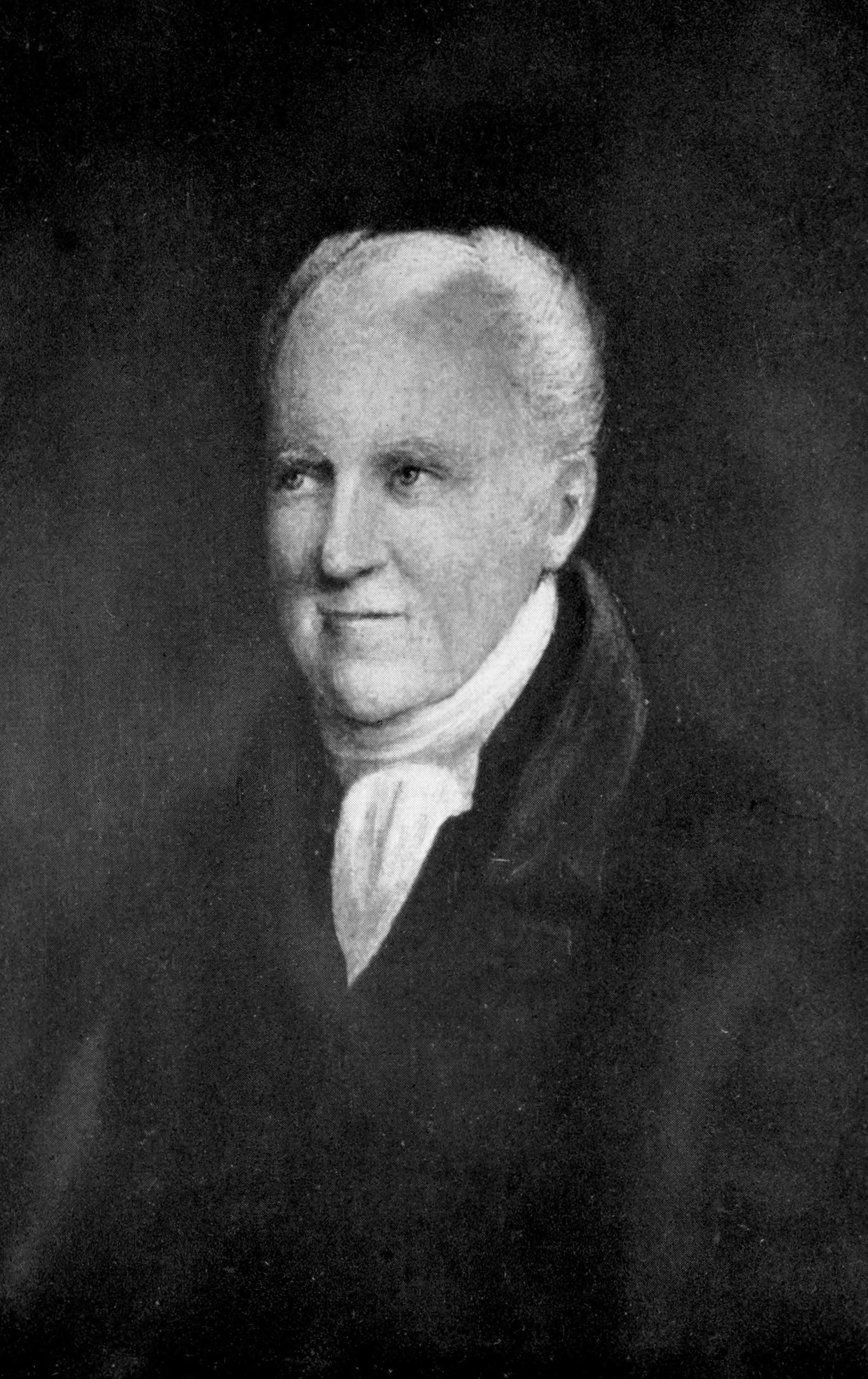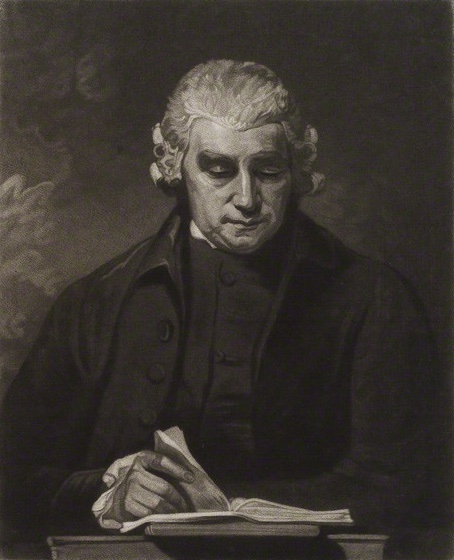|
1780 In Literature
This article contains information about the literary events and publications of 1780. Events *September/October – Richard Brinsley Sheridan is elected to Parliament in the 1780 British general election. *December – Karl von Marinelli becomes head of the Schultz theatre company (Schultzsche Gesellschaft) of Baden. *''unknown dates'' **Det Dramatiske Selskab in Christiania, an amateur acting troupe, is formed and gives the first regular stage performances in Norway. **A legal deposit law entitles the Załuski Library in Warsaw to a copy of every book published in the Polish–Lithuanian Commonwealth. New books Fiction *Elizabeth Blower – ''The Parsonage House'' * Herbert Croft – ''Love and Madness'' *Georgiana, Duchess of Devonshire – ''The Sylph'' *Thomas Holcroft – ''Alwyn'' *Samuel Jackson Pratt – ''Emma Corbett, or, The miseries of civil war'' Children * Mrs. Trimmer – ''An Easy Introduction to the Knowledge of Nature, and Reading the Holy Scriptures. Adap ... [...More Info...] [...Related Items...] OR: [Wikipedia] [Google] [Baidu] |
Richard Brinsley Sheridan
Richard Brinsley Butler Sheridan (30 October 17517 July 1816) was an Irish satirist, a politician, a playwright, poet, and long-term owner of the London Theatre Royal, Drury Lane. He is known for his plays such as ''The Rivals'', ''The School for Scandal'', ''The Duenna'' and ''A Trip to Scarborough''. He was also a Whig MP for 32 years in the British House of Commons for Stafford (1780–1806), Westminster (1806–1807), and Ilchester (1807–1812). He is buried at Poets' Corner in Westminster Abbey. His plays remain a central part of the canon and are regularly performed worldwide. Early life Sheridan was born in 1751 in Dublin, Ireland, where his family had a house on then fashionable Dorset Street. His mother, Frances Sheridan, was a playwright and novelist. She had two plays produced in London in the early 1760s, though she is best known for her novel ''The Memoirs of Miss Sidney Biddulph'' (1761). His father, Thomas Sheridan, was for a while an actor-manager at ... [...More Info...] [...Related Items...] OR: [Wikipedia] [Google] [Baidu] |
Hannah Cowley (writer)
Hannah Cowley (14 March 1743 – 11 March 1809) was an English playwright and poet. Although Cowley's plays and poetry did not enjoy wide popularity after the 19th century, critic Melinda Finberg rates her as "one of the foremost playwrights of the late eighteenth century" whose "skill in writing fluid, sparkling dialogue and creating sprightly, memorable comic characters compares favourably with her better-known contemporaries, Goldsmith and Sheridan." Cowley's plays were produced frequently in her lifetime. The major themes of her plays – including her first, ''The Runaway'' (1776), and her major success, which is being revived, ''The Belle's Stratagem'' (1780) – revolve around marriage and how women strive to overcome the injustices imposed by family life and social custom. Early success Born Hannah Parkhouse, she was the daughter of Hannah (née Richards) and Philip Parkhouse, a bookseller in Tiverton, Devon. Sources disagree about some details of her married life, cit ... [...More Info...] [...Related Items...] OR: [Wikipedia] [Google] [Baidu] |
Jacob Bryant
Jacob Bryant (1715–1804) was an English scholar and mythographer, who has been described as "the outstanding figure among the mythagogues who flourished in the late eighteenth and early nineteenth centuries." Life Bryant was born at Plymouth. His father worked in the customs there, but was afterwards moved to Chatham. Bryant was first sent to a school near Rochester, and then to Eton College. In 1736 he was elected to a scholarship at King's College, Cambridge, where he took his degrees of B.A. (1740) and M.A. (1744), later being elected a fellow. He returned to Eton as private tutor to the Duke of Marlborough. In 1756 he accompanied the duke, who was master-general of ordnance and commander-in-chief of the forces in Germany, to the Continent as private secretary. He was rewarded by a lucrative appointment in the Board of Ordnance, which allowed him time to indulge his literary tastes. He was twice offered the mastership of Charterhouse school, but turned it down. Bryant died ... [...More Info...] [...Related Items...] OR: [Wikipedia] [Google] [Baidu] |
William Thomas Beckford
William Thomas Beckford (29 September 1760 – 2 May 1844) was an English novelist, art collector, patron of decorative art, critic, travel writer, plantation owner and for some time politician. He was reputed at one stage to be England's richest commoner. The son of William Beckford (politician), William Beckford and Maria Hamilton, daughter of the Hon. George Hamilton (died 1775), George Hamilton, he served as a Member of Parliament for Wells (UK Parliament constituency), Wells in 1784–1790 and Hindon (UK Parliament constituency), Hindon in 1790–1795 and 1806–1820. Beckford is remembered for a Gothic novel ''Vathek'' (1786), for building the lost Fonthill Abbey in Wiltshire and Lansdown Tower ("Beckford's Tower") in Bath, and for his art collection. Biography Beckford was born in the family's London home at 22 Soho Square on 29 September 1760. At the age of ten, he inherited a fortune from his father William Beckford (politician), William Beckford, who had been twice a ... [...More Info...] [...Related Items...] OR: [Wikipedia] [Google] [Baidu] |
Oberon (poem)
Oberon is an epic poem by the German writer Christoph Martin Wieland. It was based on the epic romance ''Huon de Bordeaux'', a French medieval tale, and influenced by Shakespeare's ''A Midsummer Night's Dream'' and Alexander Pope's version of Geoffrey Chaucer's ''The Merchant's Tale''. It first appeared in 1780 and went through seven rewrites before its final form was published in 1796. Plot For the slaying of Karl the Great's despicable son, Charlot, Huon duke of Guienne, is condemned to go to Babylon (or Bagdad) and demand four molars and a tuft of the beard of the kalif after kissing the latter's daughter and slaying her intended. This feat is accomplished through the friendship of Oberon and the magic power of his horn, a blast of which causes all wicked persons to dance, and of a certain ring, which had been abstracted from its owner, Titania, and to which all the spirit world was subject. Commanded to go to the Pope at Rome before consummating marriage with the kalif's daught ... [...More Info...] [...Related Items...] OR: [Wikipedia] [Google] [Baidu] |
Christoph Martin Wieland
Christoph Martin Wieland (; 5 September 1733 – 20 January 1813) was a German poet and writer. He is best-remembered for having written the first ''Bildungsroman'' (''Geschichte des Agathon''), as well as the epic ''Oberon'', which formed the basis for Carl Maria von Weber's opera of the same name. His thought was representative of the cosmopolitanism of the German Enlightenment, exemplified in his remark: "Only a true cosmopolitan can be a good citizen." Biography Christoph Martin Wieland was born in Oberholzheim (now part of Achstetten), half of which then belonged to the Free Imperial City of Biberach an der Riss and the other half to Gutenzell Abbey in the south-east of the modern-day state of Baden-Württemberg. His father, who was pastor in Oberholzheim and subsequently in Biberach, took great pains with his son's education. From the town school of Biberach he passed on at the age of twelve to the Kloster Berge '' gymnasium'', near Magdeburg. He was a precocious child, ... [...More Info...] [...Related Items...] OR: [Wikipedia] [Google] [Baidu] |
Anna Seward
Anna Seward (12 December 1742 ld style: 1 December 1742./ref>Often wrongly given as 1747.25 March 1809) was an English Romantic poet, often called the Swan of Lichfield. She benefited from her father's progressive views on female education. Life Family life Seward was the elder of two surviving daughters of Thomas Seward (1708–1790), a prebendary of Lichfield and Salisbury and an author, and his wife Elizabeth. Elizabeth later had three further children (John, Jane and Elizabeth), who all died in infancy, and two stillbirths. Anna Seward mourned their loss in her poem ''Eyam'' (1788). Born in 1742 at Eyam, a mining village in the Peak District of Derbyshire, where her father was Rector, she and her sister Sarah, some 16 months younger, passed nearly all their life in that small area of the Peak District of Derbyshire, and at Lichfield, a cathedral city in adjacent Staffordshire. In 1749, Anna's father was appointed a Canon-Residentiary at Lichfield Cathedral. The family mov ... [...More Info...] [...Related Items...] OR: [Wikipedia] [Google] [Baidu] |
William Hayley
William Hayley (9 November 174512 November 1820) was an English writer, best known as the biographer of his friend William Cowper. Biography Born at Chichester, he was sent to Eton College, Eton in 1757, and to Trinity Hall, Cambridge, in 1762; his connection with the Middle Temple, London, where he was admitted in 1766, was merely nominal. In 1767 he left Cambridge and went to live in London. His private means enabled Hayley to live on his patrimonial estate at Eartham, Sussex, and he retired there in 1774. The location of this house in Eartham is now occupied by the Great Ballard School. So great was Hayley's fame that on Thomas Warton's death in 1790 he was offered the Poet Laureate, laureateship, which he refused. In 1792, while writing the ''Life'' of John Milton, Milton, Hayley made Cowper's acquaintance. A warm friendship sprang up between the two which lasted till Cowper's death in 1800. Hayley indeed was mainly instrumental in getting Cowper his pension. In 1800 Hayle ... [...More Info...] [...Related Items...] OR: [Wikipedia] [Google] [Baidu] |
Susannah Harrison
Susannah Harrison (1752–1784) was an English working-class religious poet. Her 1780 collection ''Songs in the Night'' went through at least twenty-one editions in Britain and America, making it "one of the best selling collections written by a laboring-class poet in the late eighteenth century".Bridget Keenan, 'Mysticims and Mystifications: The Demands of Laboring-Class Religious Poetry', ''Criticism'', Vol. 47, No. 4 (Fall 2005), pp.471-91 Harrison was a domestic servant who taught herself to read and write. Aged twenty, she suffered an illness from which she did not expect to survive and gave manuscripts of her poetry to John Condor, a Congregationalist Minister, who edited and published her poems for her. She died 3 August 1784 in Ipswich. Works * ''Songs in the Night'', 1780 See also *List of 18th-century British working-class writers References External links Susannah Harrisonat hymnary.org Hymnary.org is an online database of hymns, hymnodists and hymnals hosted by ... [...More Info...] [...Related Items...] OR: [Wikipedia] [Google] [Baidu] |
George Crabbe
George Crabbe ( ; 24 December 1754 – 3 February 1832) was an English poet, surgeon and clergyman. He is best known for his early use of the realistic narrative form and his descriptions of middle and working-class life and people. In the 1770s, Crabbe began his career as a doctor's apprentice, later becoming a surgeon. In 1780, he travelled to London to make a living as a poet. After encountering serious financial difficulty and being unable to have his work published, he wrote to the statesman and author Edmund Burke for assistance. Burke was impressed enough by Crabbe's poems to promise to help him in any way he could. The two became close friends and Burke helped Crabbe greatly both in his literary career and in building a role within the church. Burke introduced Crabbe to the literary and artistic society of London, including Sir Joshua Reynolds and Samuel Johnson, who read '' The Village'' before its publication and made some minor changes. Burke secured Crabbe the impor ... [...More Info...] [...Related Items...] OR: [Wikipedia] [Google] [Baidu] |
Robert Dodsley
Robert Dodsley (13 February 1703 – 23 September 1764) was an English bookseller, publisher, poet, playwright, and miscellaneous writer. Life Dodsley was born near Mansfield, Nottinghamshire, where his father was master of the free school. He is said to have been apprenticed to a stocking-weaver in Mansfield, from whom he ran away, going into service as a footman. Profits and fame from his early literary works enabled Dodsley to establish himself with the help of his friends (Alexander Pope lent him £100) as a bookseller at the sign of Tully's Head in Pall Mall, London, in 1735. He soon became one of the foremost publishers of the day. One of his first publications was Samuel Johnson's ''London'' for which he paid ten guineas in 1738. He published many of Johnson's works, and he suggested and helped to finance Johnson's ''Dictionary''. Pope also made over to Dodsley his interest in his letters. In 1738, the publication of Paul Whitehead's ''Manners'' was voted scandalous by th ... [...More Info...] [...Related Items...] OR: [Wikipedia] [Google] [Baidu] |
Isaac Reed
Isaac Reed (1 January 1742 – 5 January 1807) was an English Shakespearean editor. Biography The son of a baker, he was born in London. He was articled to a solicitor, and eventually set up as a conveyancer at Staple Inn, where he had a large practice. His major work was the ''Biographia dramatica'' (2 vols., 1782), a set of biographies of dramatists and a descriptive dictionary of their plays. This book, which was an enlargement of David Erskine Baker's ''Companion to the Playhouse'' (2 vols., 1764), was re-edited (3 vols.) by Stephen Jones in 1811. The original work by Baker had been based on Gerard Langbaine's ''Account of the English Dramatick Poets'' (1691), Giles Jacob's ''Poetical Register'' (1719), Thomas Whincop's ''List of all the Dramatic Authors'' (printed with his tragedy of ''Scanderbeg'', 1747) and the manuscripts of Thomas Coxeter. Reed's ''Notitia dramatica'' (British Library, Add MSS 25390–25392), supplementary to the ''Biographia'', was never published. H ... [...More Info...] [...Related Items...] OR: [Wikipedia] [Google] [Baidu] |










